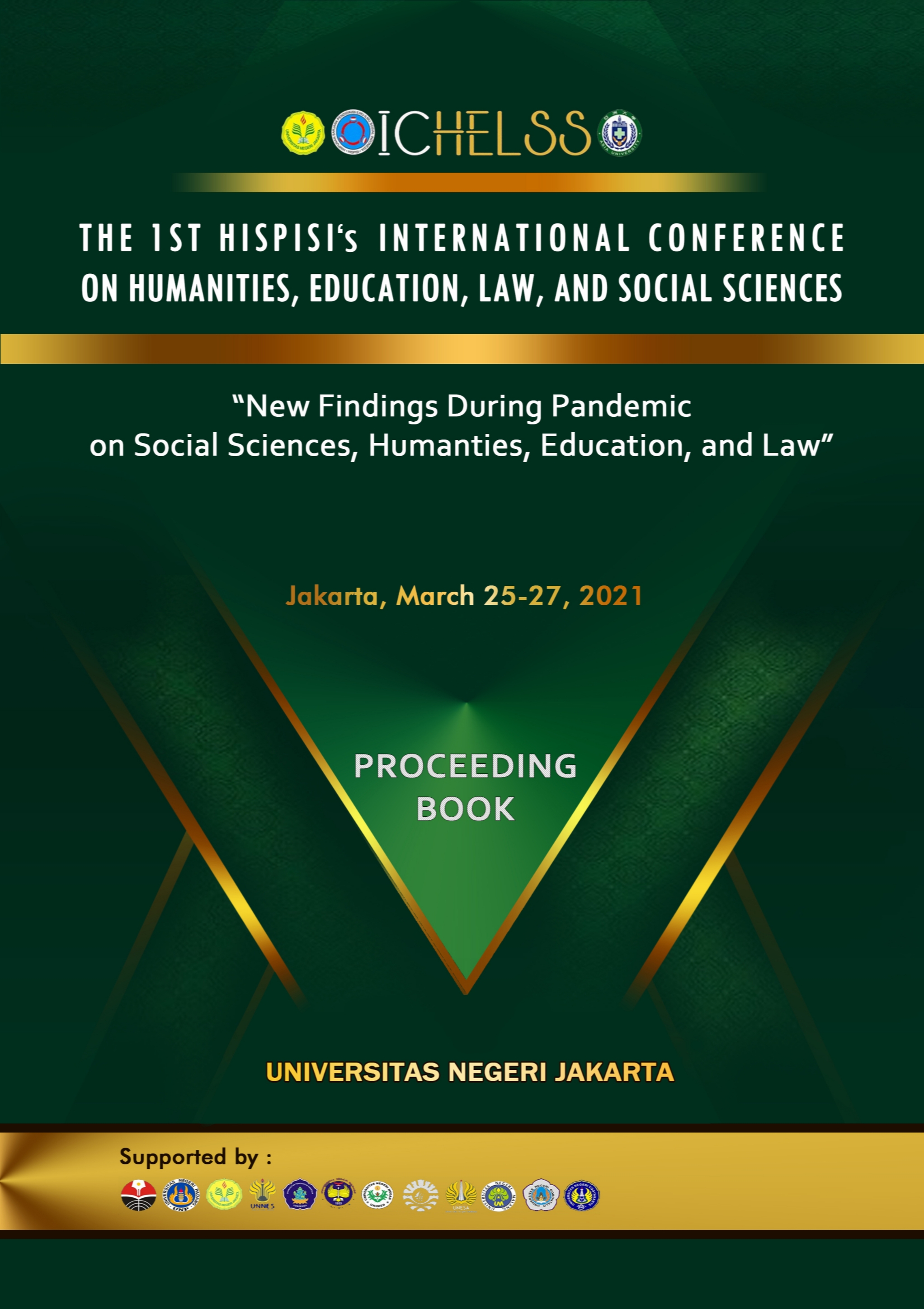The Innovation of Political Literacy on Millennial Generation Based on Android
Abstract
Abstract: The millennial generation is required to have a qualified
digital literacy culture. Civic Education (CE) is a part of political
science that emphasizes that good citizens participate in their
political lives. CE also contains practices from political science that
can help millennials train a digital literacy culture in politics. The
purpose of this research is to innovate the political literacy of the
millennial generation android-based. This study uses ADDIE
(Analysis, Design, Development, Implementation, and Evaluation)
model for developing political literacy media for the millennial
generation. This research shows that 45% of the millennial
generation are interested in using android-based media to increase
political literacy. From the research design results, POLA (Political
Literacy Application) is an alternative to an Android-based
application developed for the millennial generation. The material
expert validation results showed that 81% of POLA material was
following political literacy. The results of the media expert
validation show that 87% of the POLA is considered usefulness.
The implication of this research indicates that POLA can be
developed for further trials with the millennial generation and
evaluation. Political education media can take advantage of new
media information technology to introduce political literacy to new
voters, namely the millennial generation.
Keywords: Political Literacy, Millennial Generation, Android
Application


